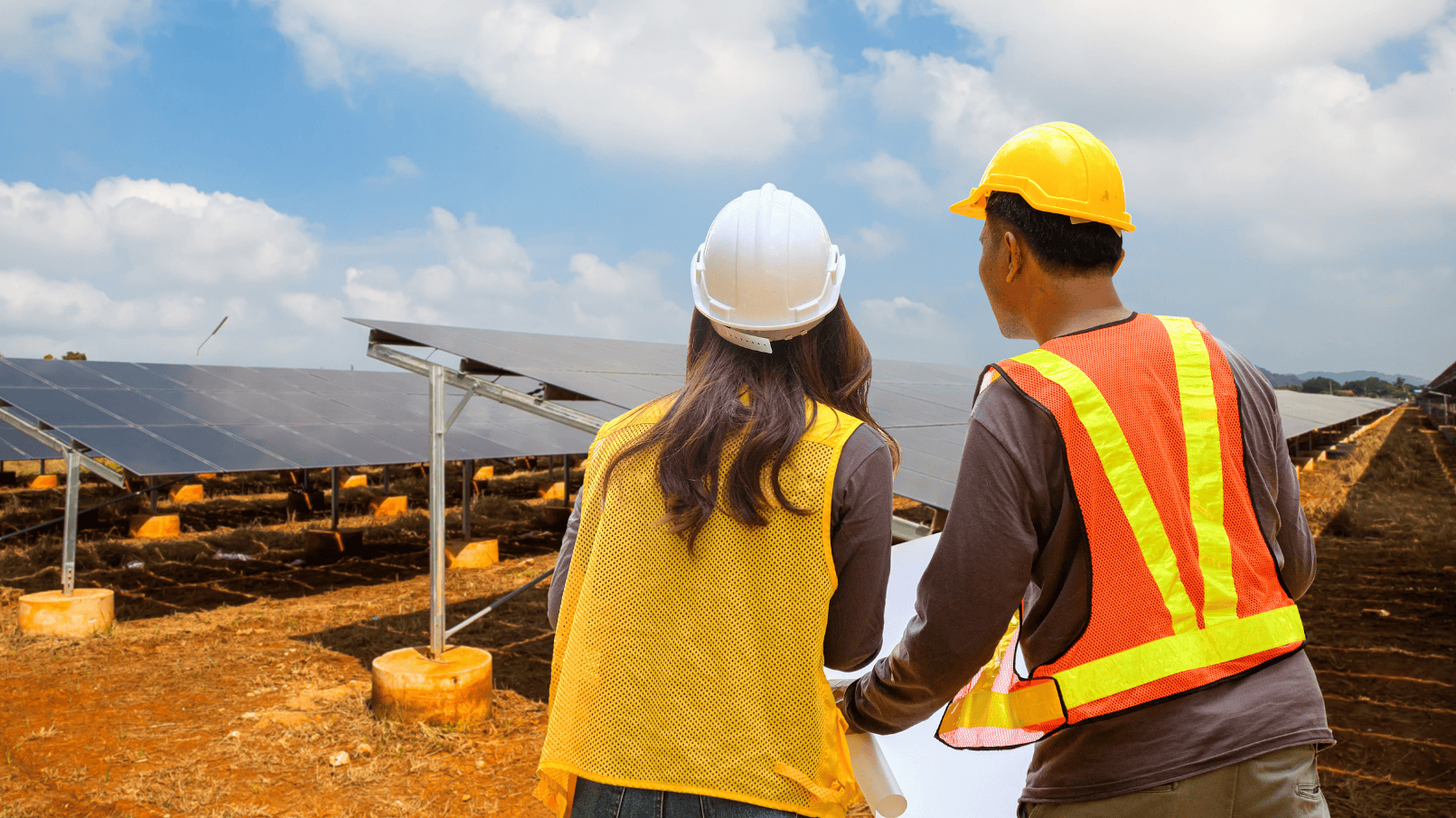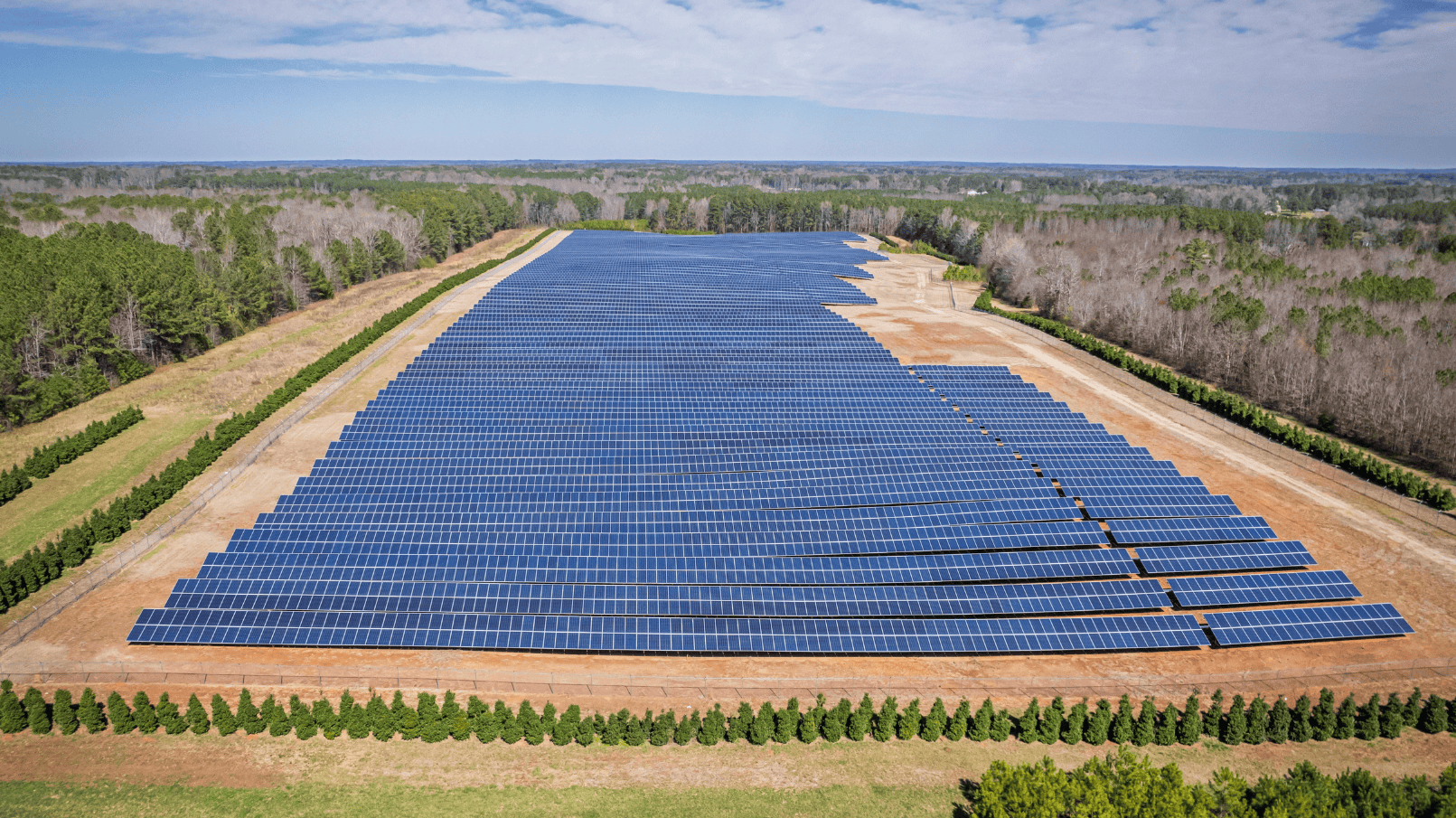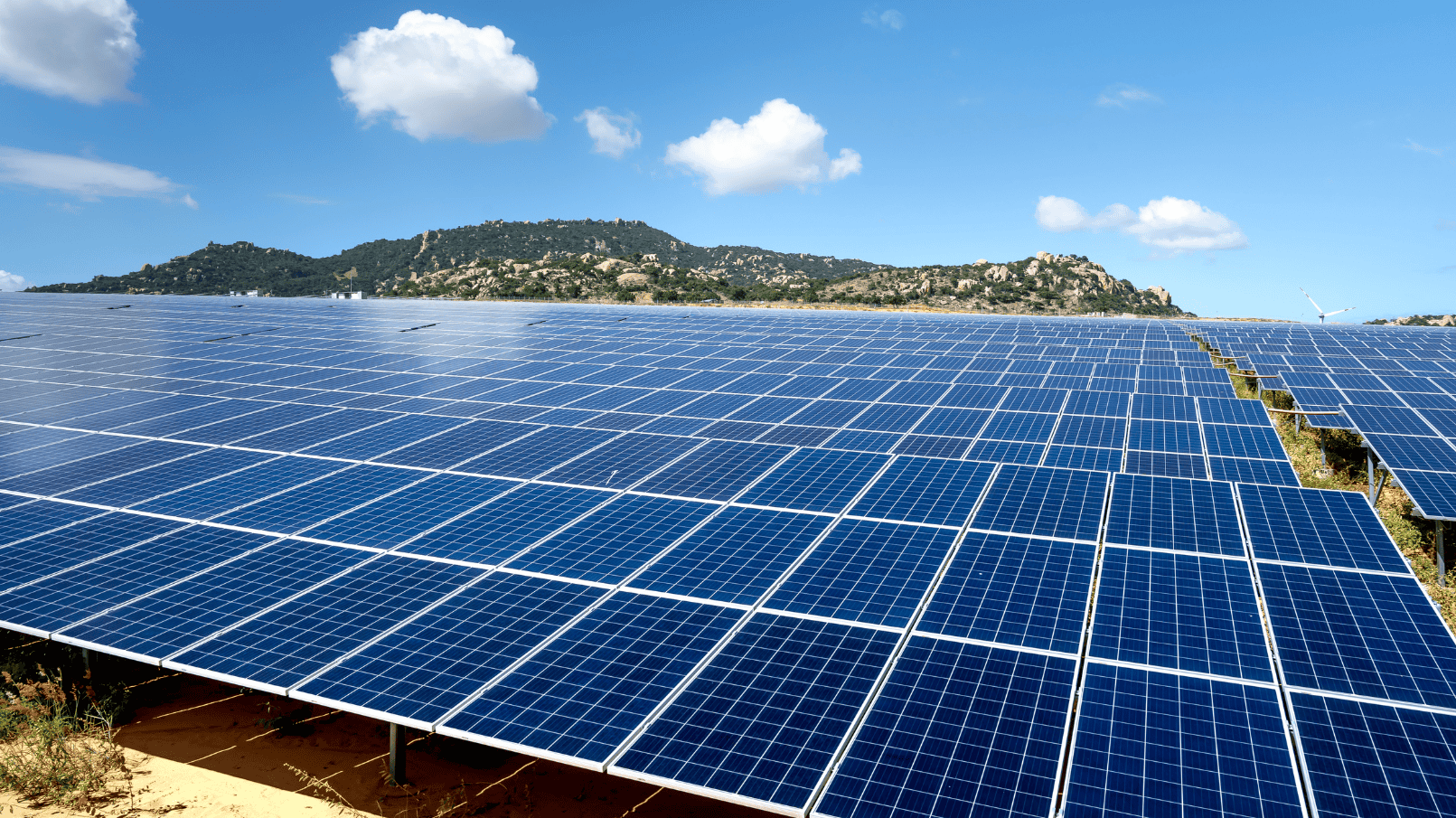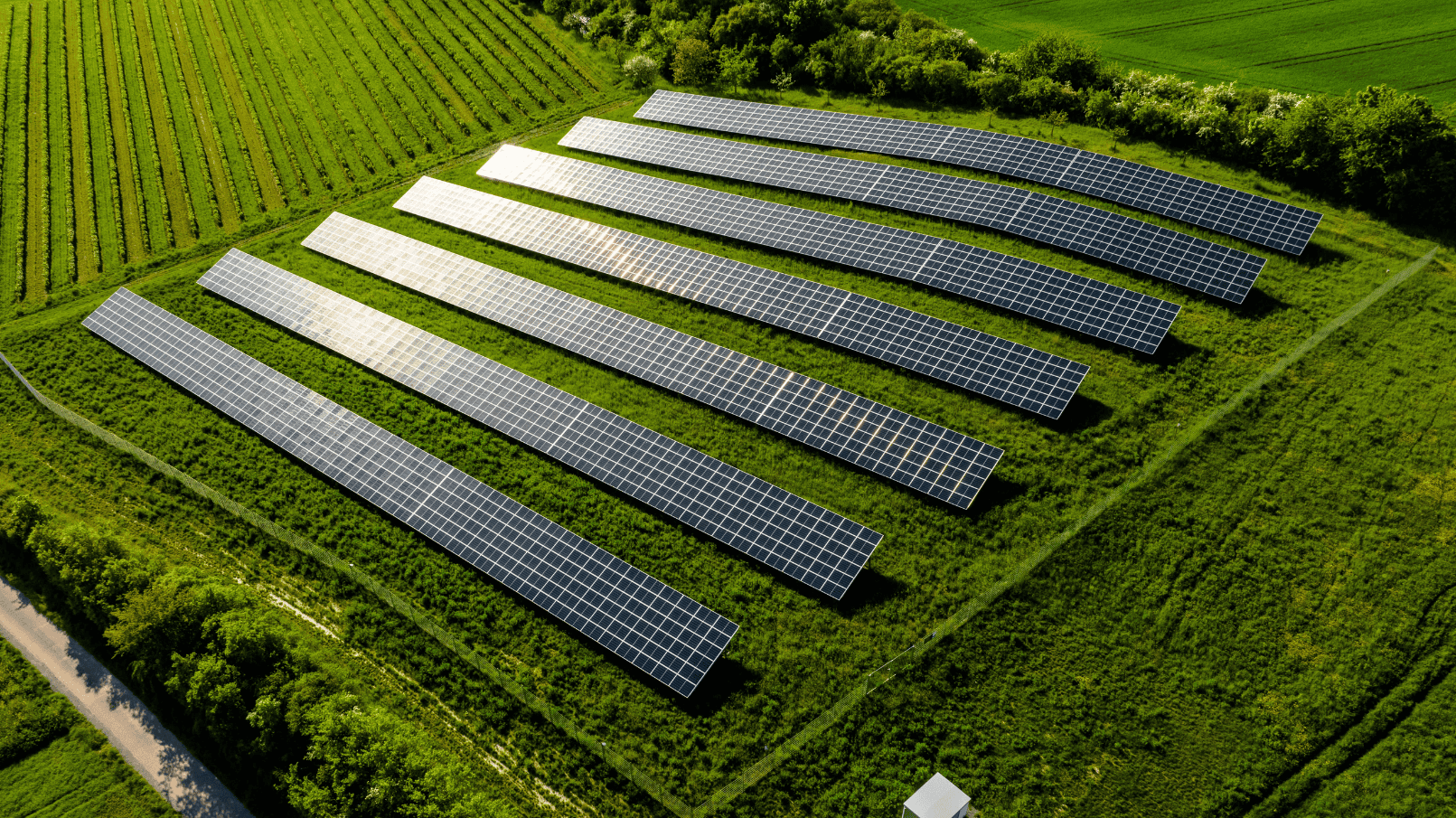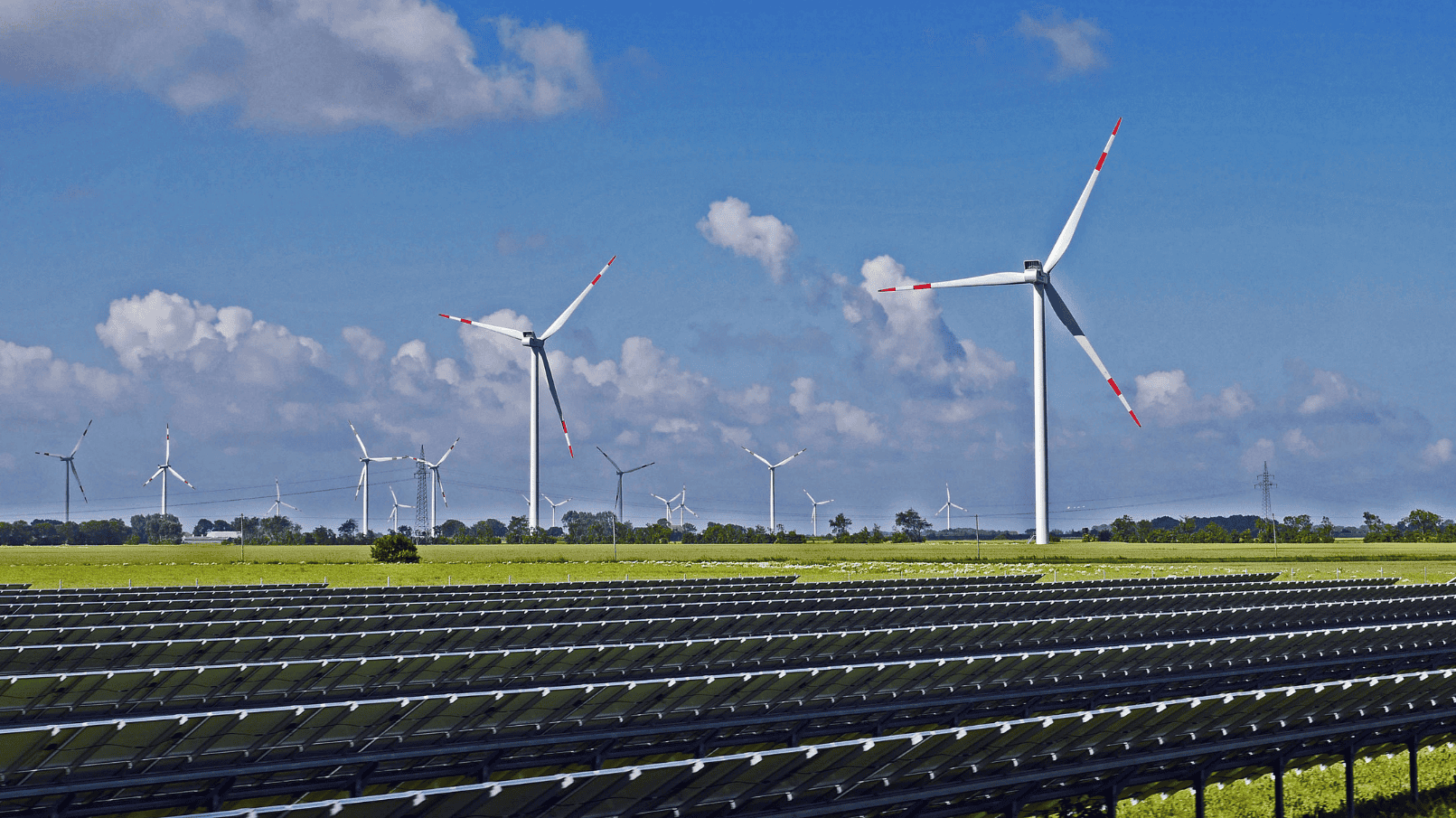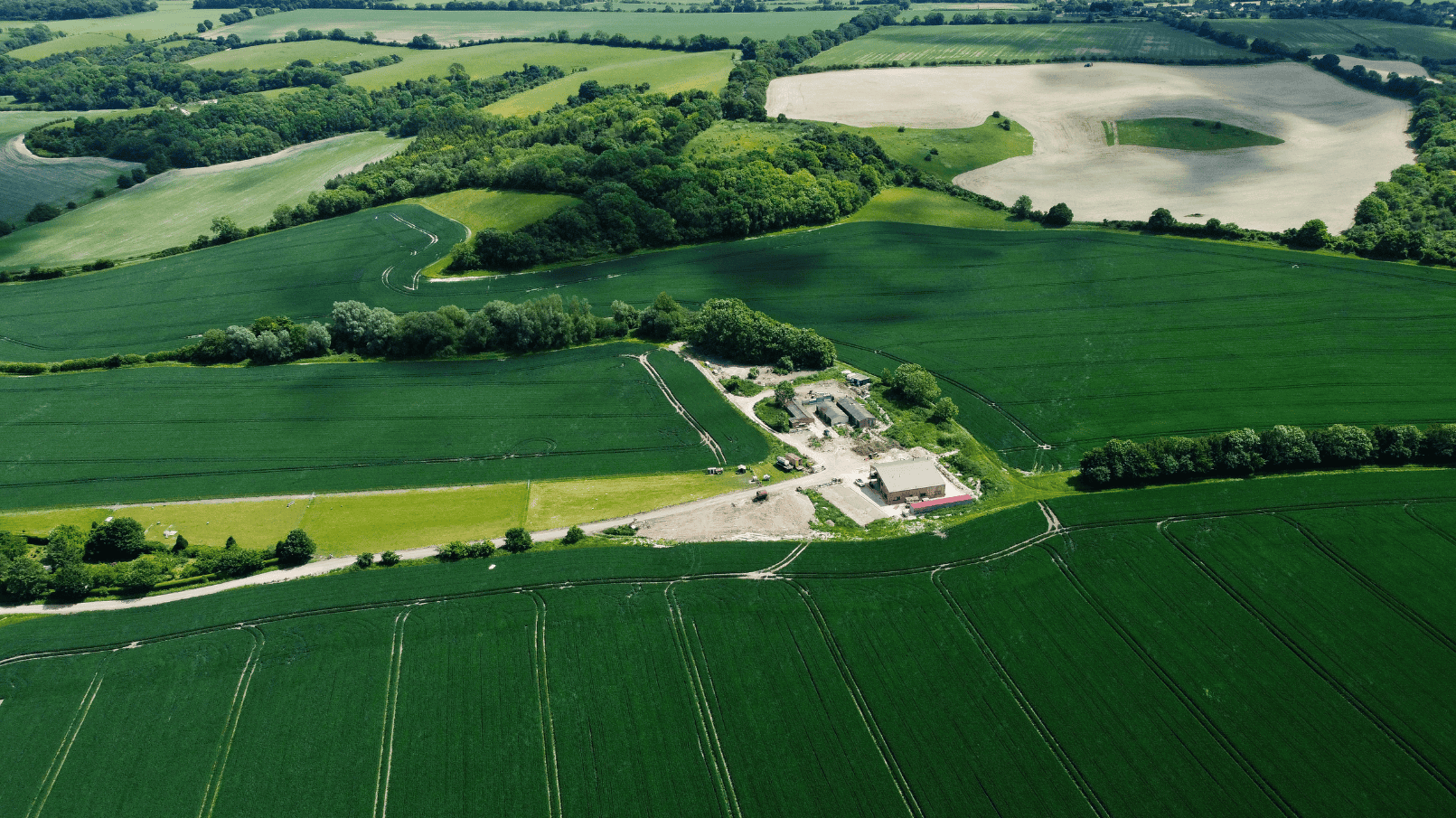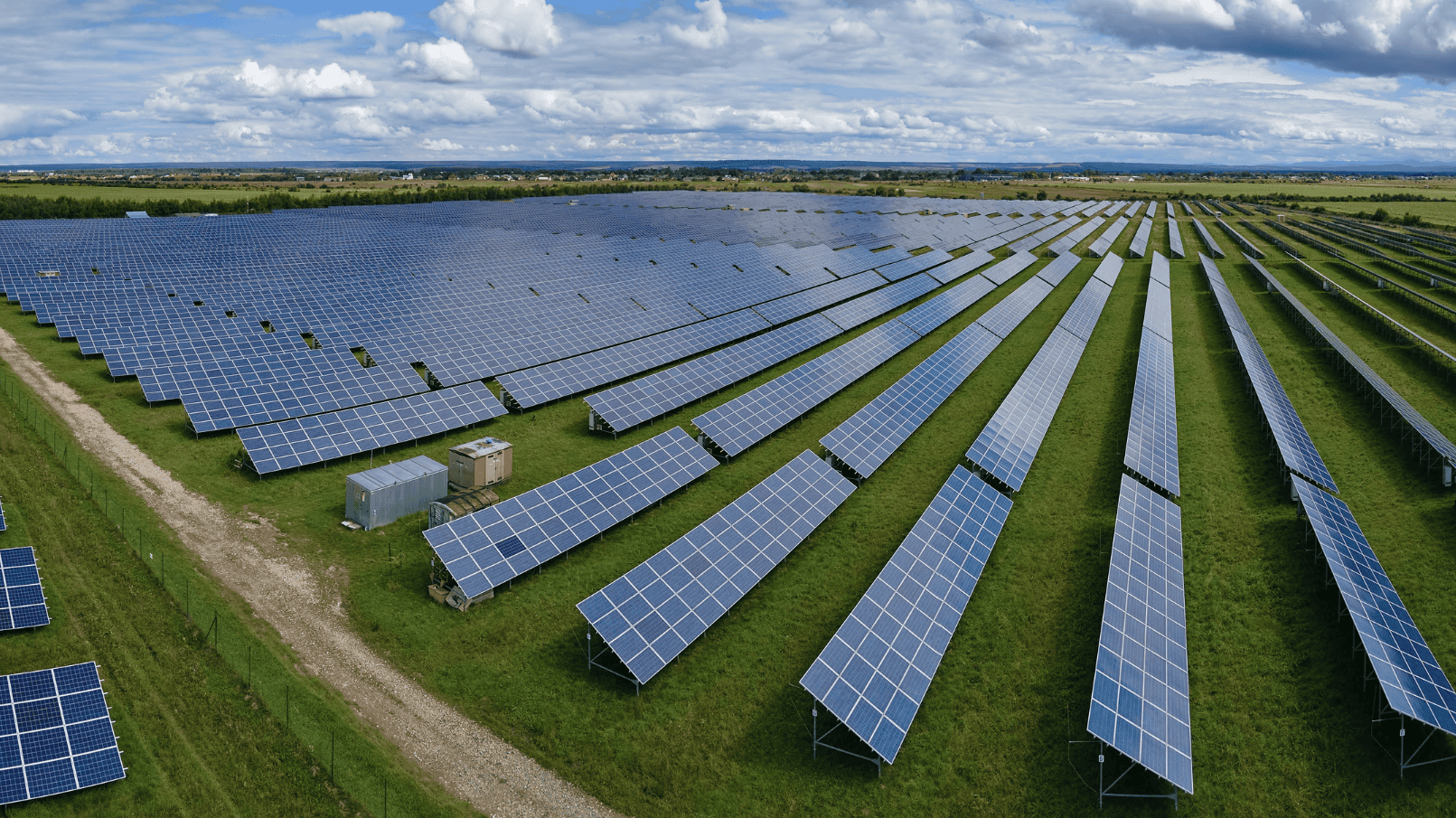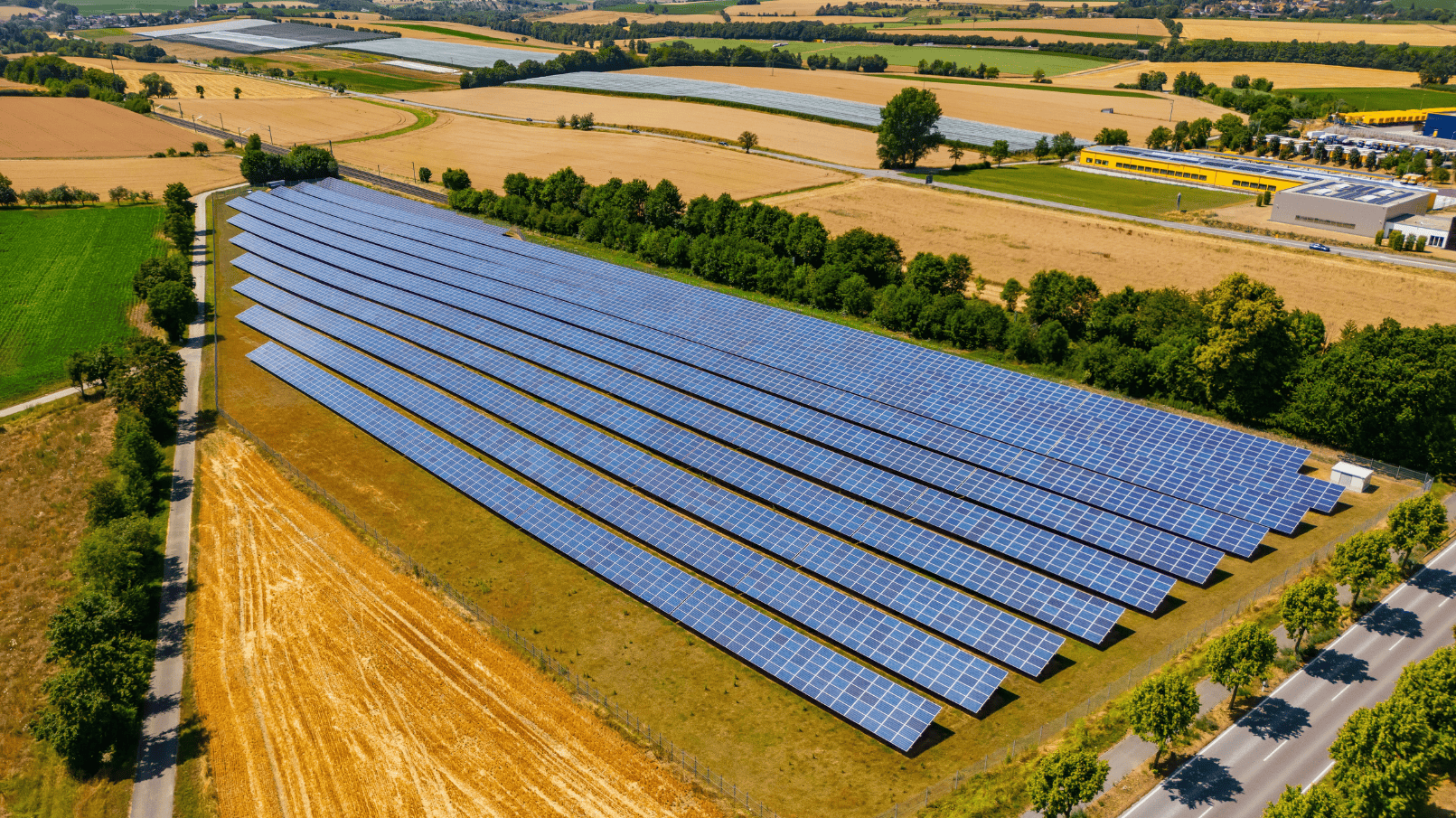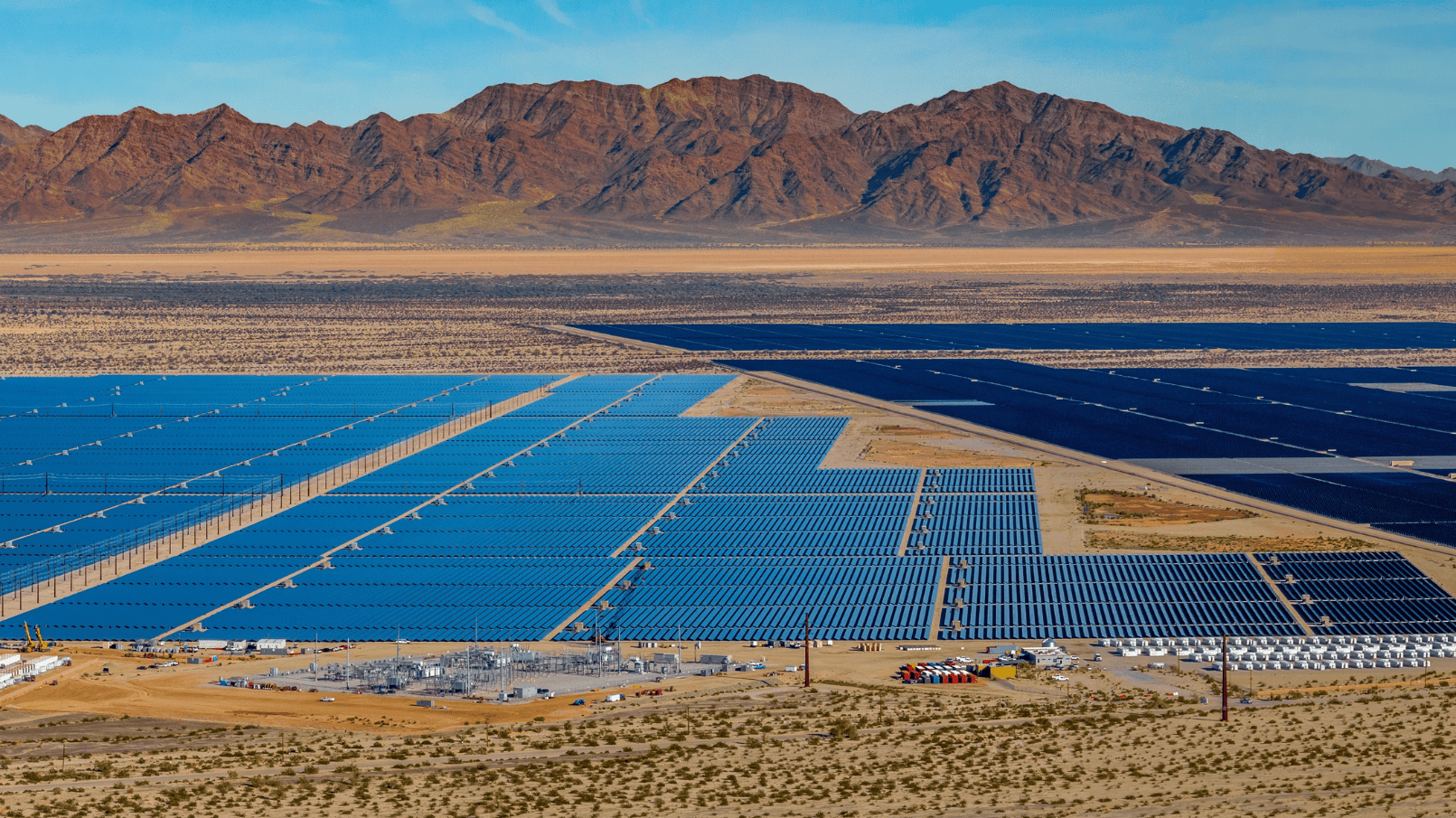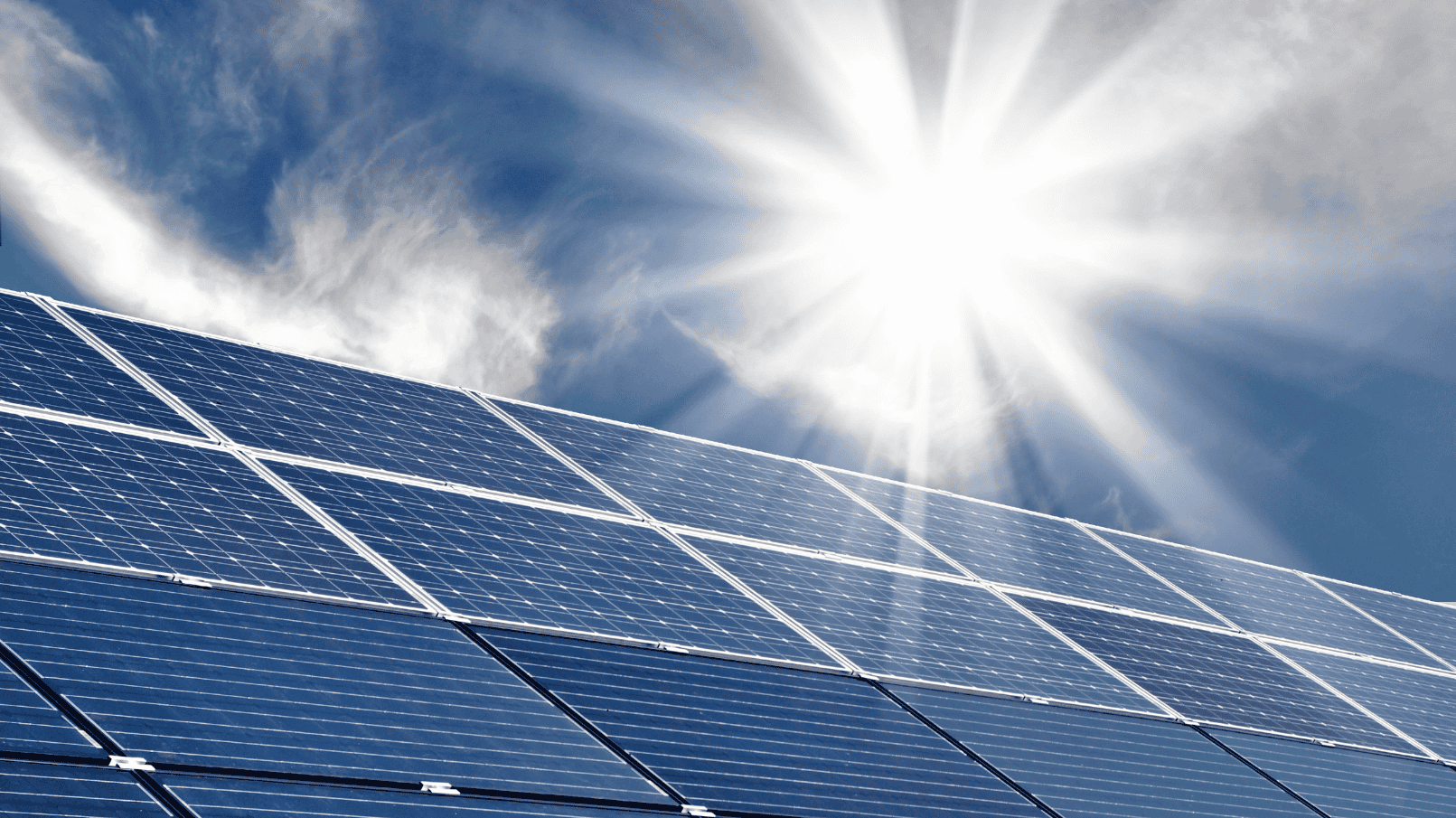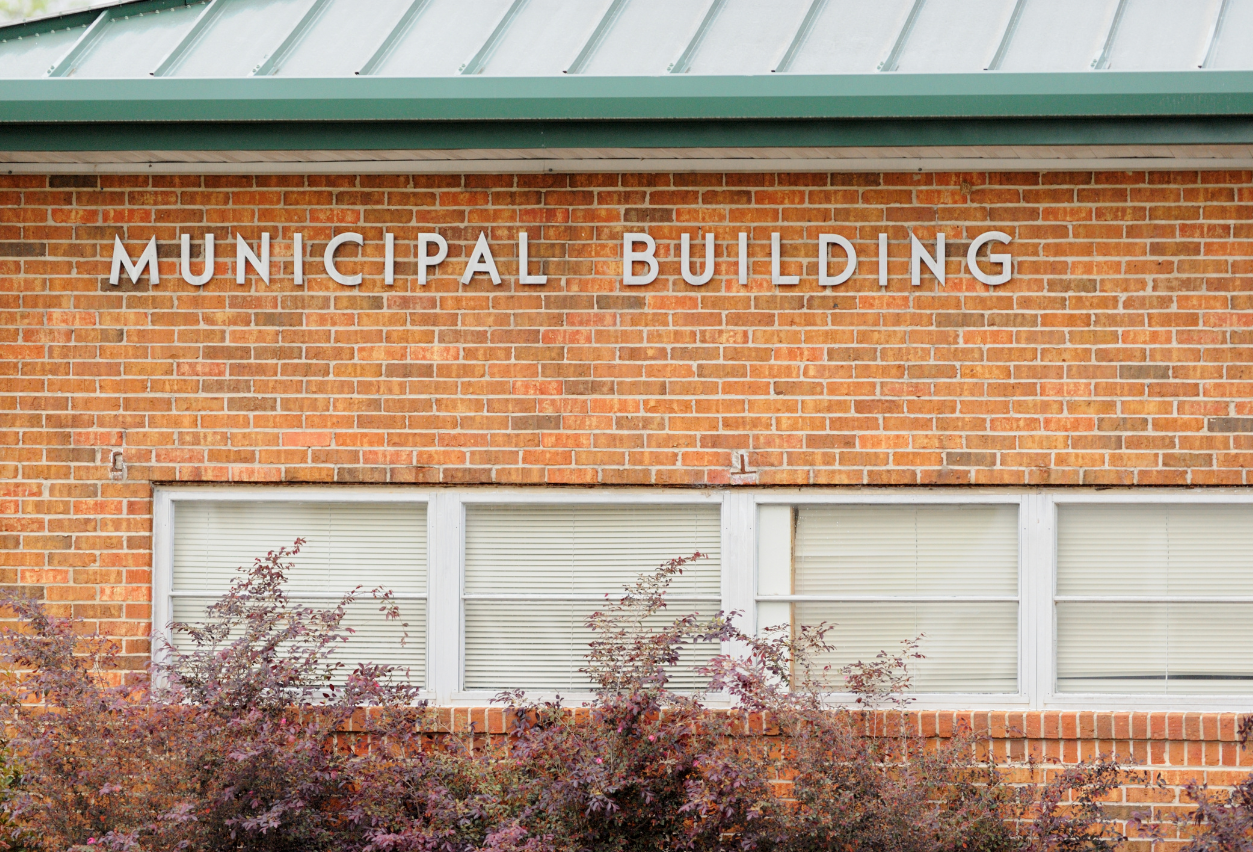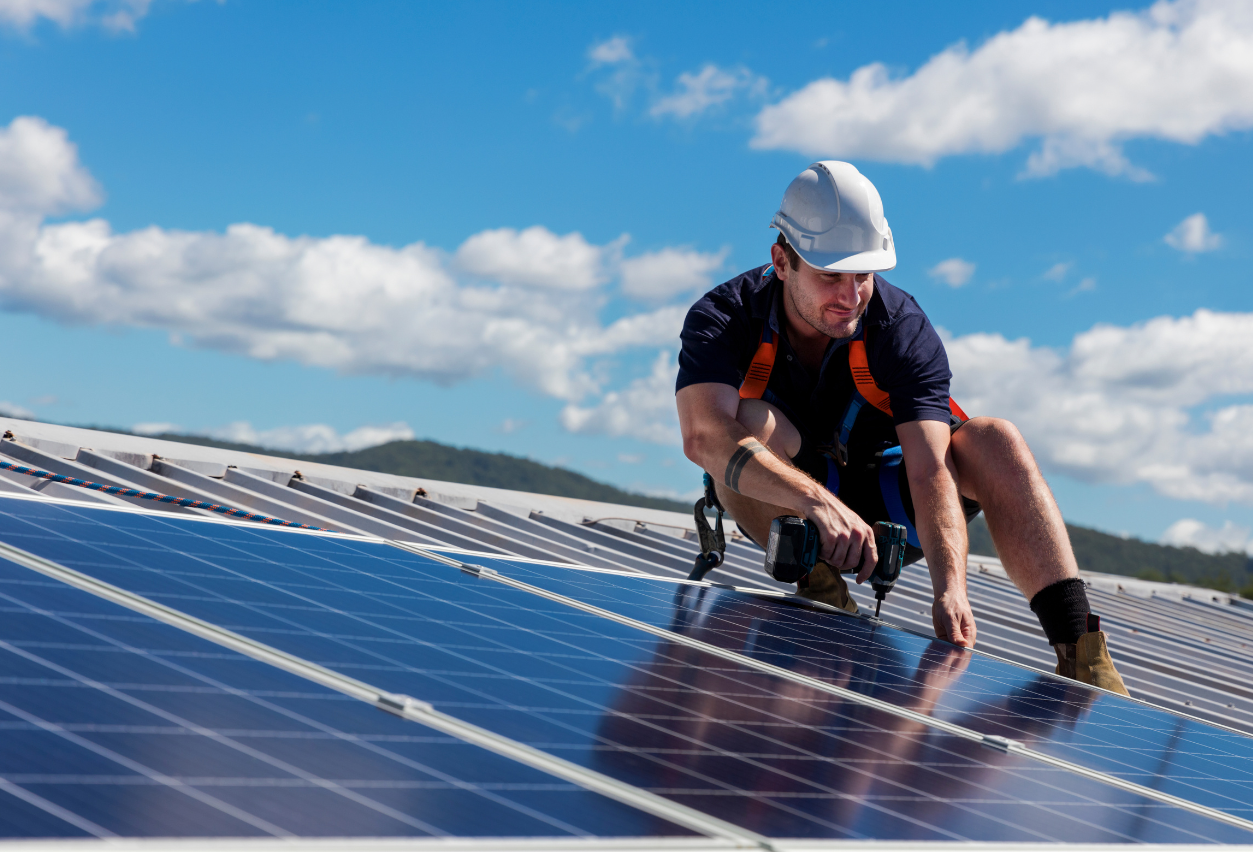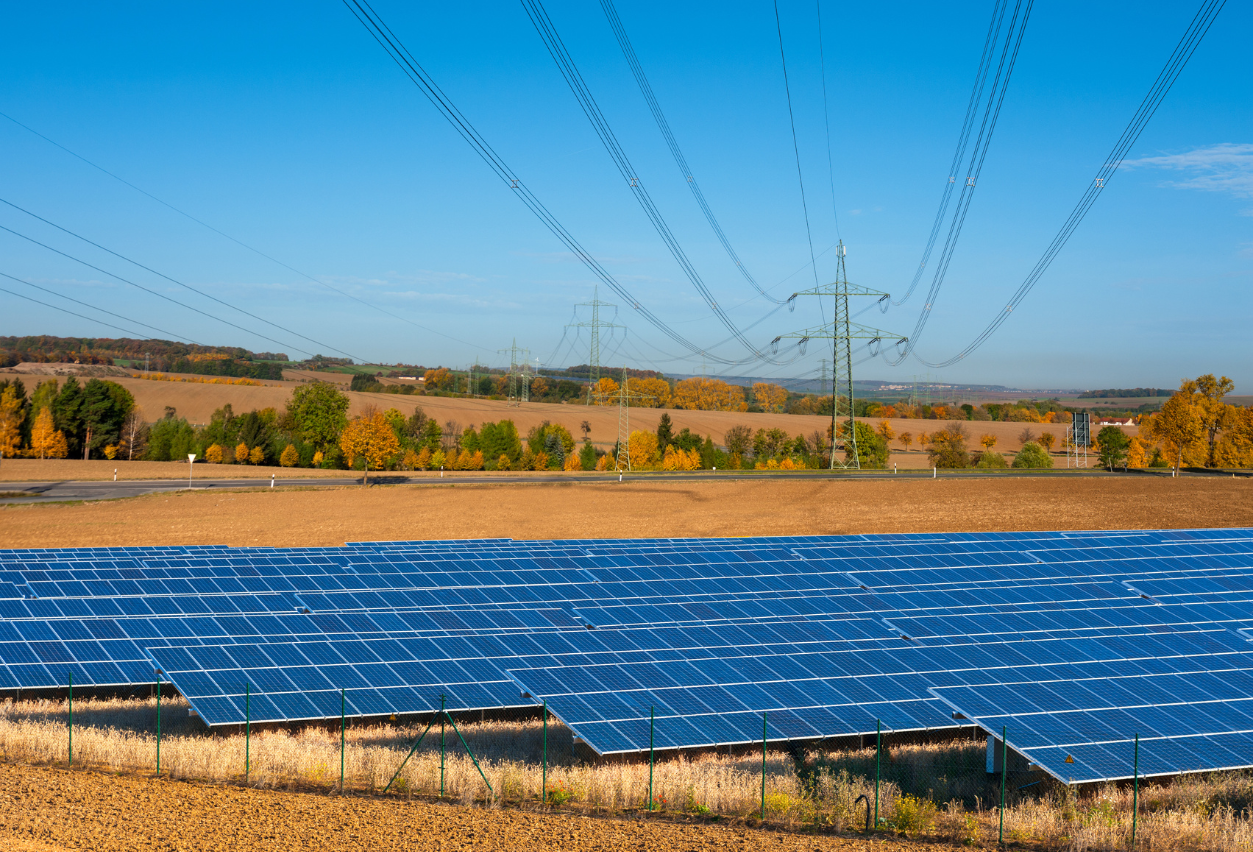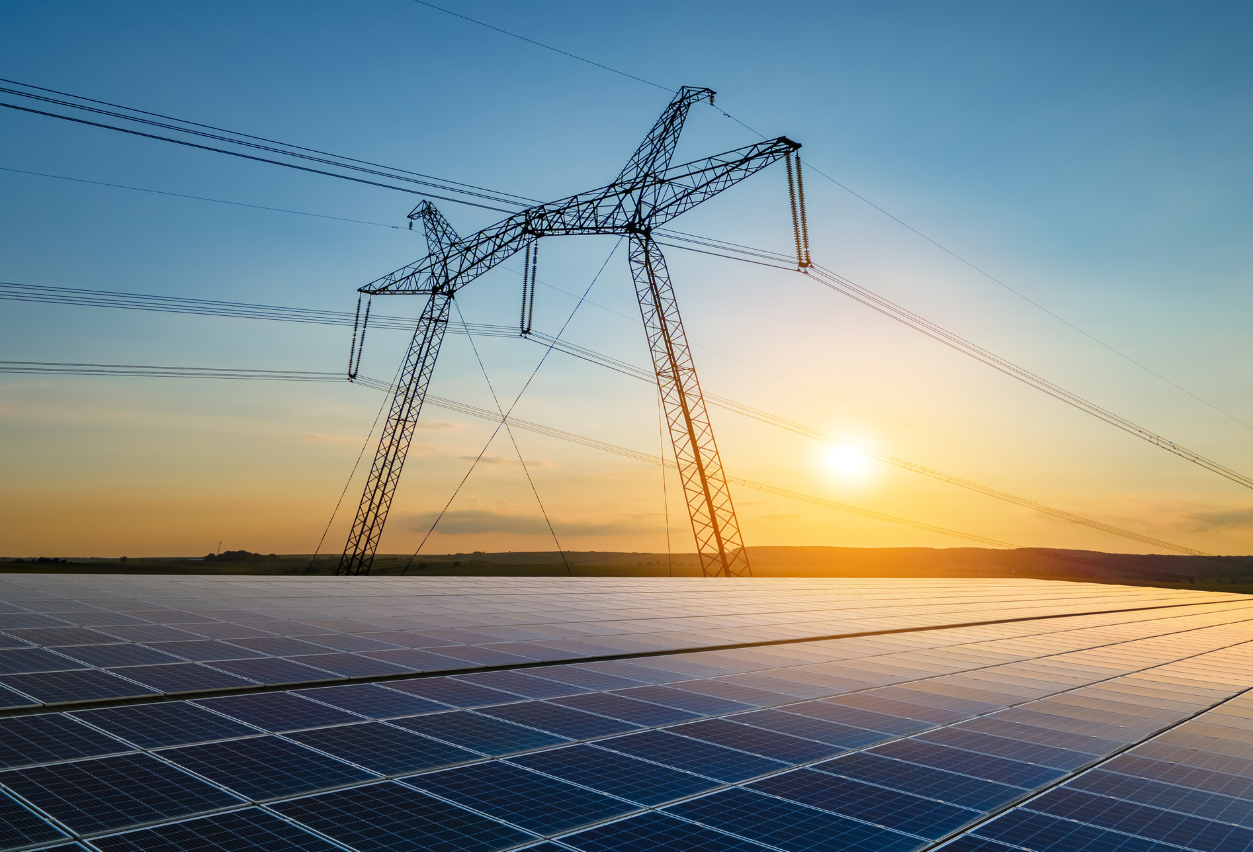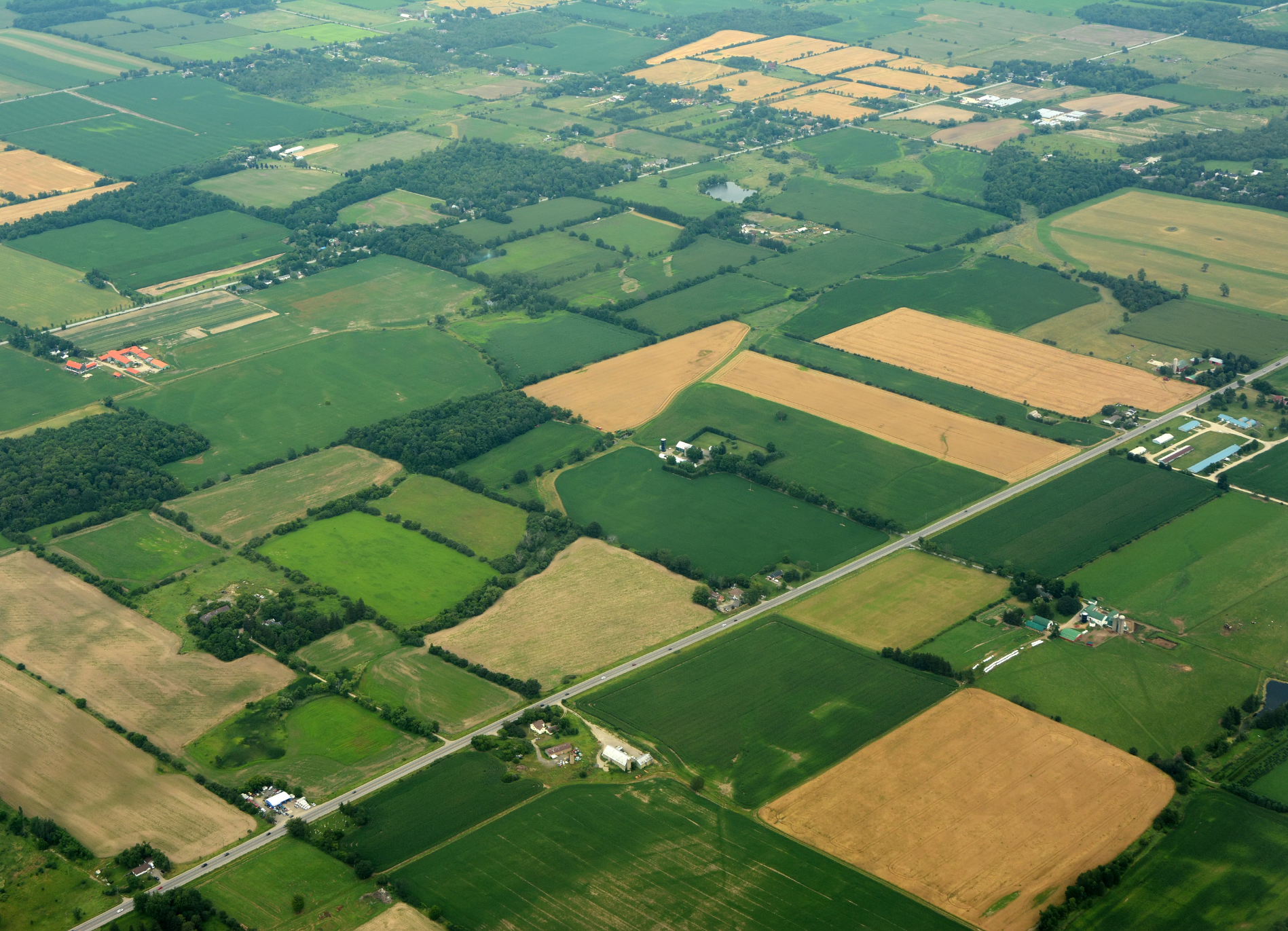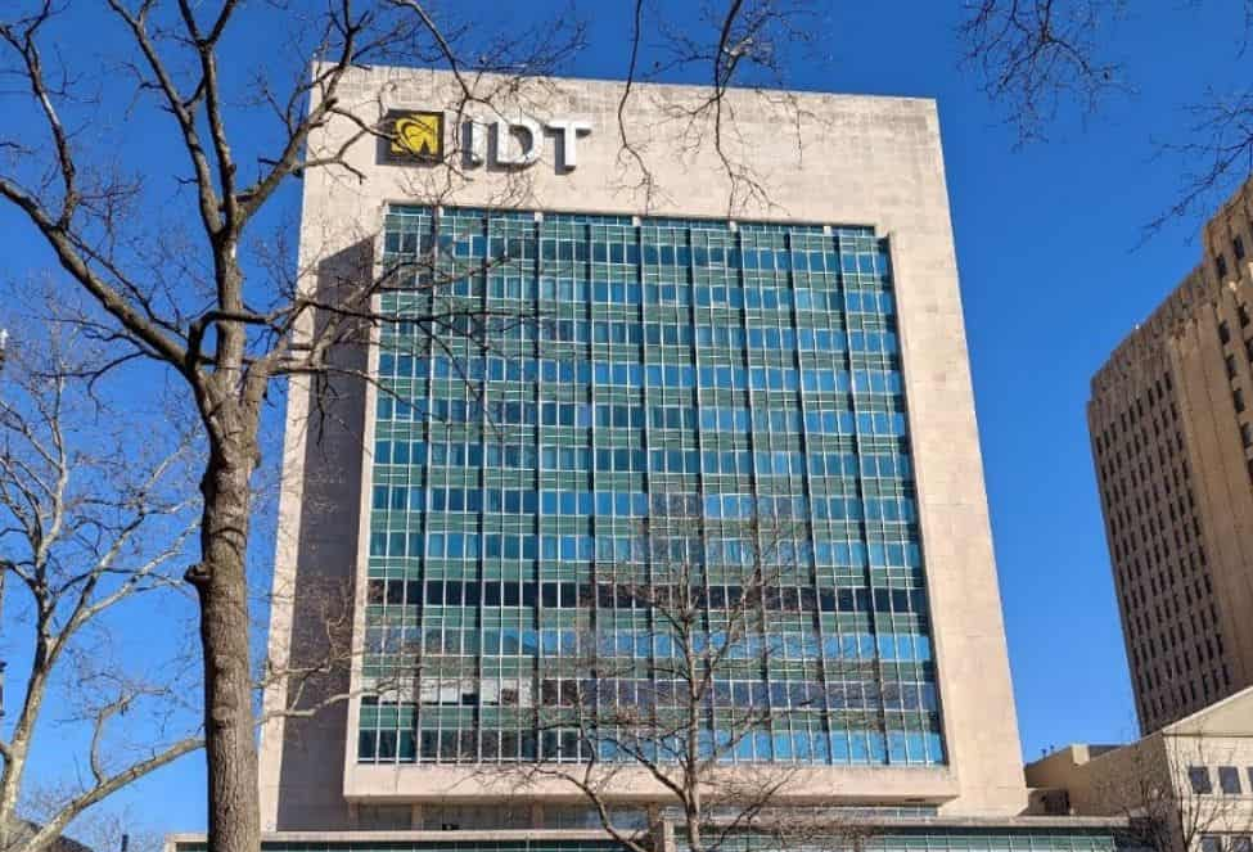The demand for solar energy is increasing, making solar land leasing an attractive option for landowners looking to generate additional income while supporting renewable energy expansion. However, before signing a solar lease agreement, landowners should consider zoning laws and permitting requirements to ensure their land is viable for a solar project. Understanding these zoning and permitting processes for solar farms is essential for avoiding legal roadblocks, preventing costly delays, and securing the necessary approvals for solar project development. This article covers how zoning affects solar land leasing, the permits required for solar panel installation, and steps landowners can take to comply with regulations.
1. Understanding Zoning Laws For Solar Land Leases
Whether you are looking to lease your land for solar or develop a solar farm, it’s essential to understand the zoning laws that impact these projects.
What Are Zoning Laws?
Zoning laws are local regulations that regulate how land can be used in different jurisdictions. Municipalities and townships classify land for residential, commercial, industrial, or agricultural use, and some areas have specific provisions for renewable energy projects. Because renewable energy development is a recent trend, many jurisdictions have yet to draft zoning laws specific to solar development. Many times, proposed solar projects must go in front of a board and be approved by the local government prior to the project commencement.
How Zoning Laws Impact Solar Development
Lozal zoning has a direct impact on the viability of a solar project. These laws affect different types of solar projects in unique ways.
- Utility-Scale vs. Community Solar Farms: Some zones allow small-scale solar projects (such as 1 to 5 MW community solar) but restrict large-scale solar farms that can take up hundreds of acres. These projects can often get pushback from local communities who see them as an eyesore.
- Agricultural Land Use: In some regions, solar project development on farmland may require rezoning or a special use permit. Since farmland is often zoned as agricultural only, these special permits are required to build structures that are not directly used in the farming process.
- Setback & Land Use Restrictions: Zoning laws may regulate how close solar panel systems can be installed to property lines, roads, or wetlands. This is a critical aspect to consider when proposing your land for a solar lease. If your property is located near a pond, wildlife area, or major road, you could have difficulty securing the proper permits for the project.
2. Key Permits Required For Solar Land Leasing
Before beginning solar project development, landowners and solar developers must secure permits at various government levels. Let’s dig in to these permits in more detail below.
Local Permitting Requirements
- Conditional Use Permit (CUP): This permit is required in some jurisdictions if solar farms are not explicitly permitted under existing zoning laws. The CUP allows for an adjustment to standard zoning for the farm.
- Building & Electrical Permits: These permits are needed to ensure solar panel systems and construction efforts meet local safety standards. These permits are often secured at the local municipality or township and are specific to the project being constructed.
- Land Use: These permits regulate site work such as grading, drainage, and potential ecological impacts. If trees need to be cleared or land needs to be flattened for the project, it is necessary to obtain these permits.
State & Federal Permitting Requirements
- Environmental Impact Assessment (EIA): Some states require solar developers to assess potential environmental risks. These environmental studies determine the project’s impact on local wildlife, water flow, and other factors
- Interconnection Application: This is an application submitted to the local utility that is required to connect the solar energy system to the electrical grid. The interconnection application details the location, size, and forecasted energy production of the solar project.
- FAA Review (if near airports): Solar installations near airports must be reviewed for potential glare impact.
3. The Permitting Process For Solar Farms
For a solar farm project to come to fruition, there are many key pre-planning steps that must be taken. Let’s assess the permitting process in more detail below.
Step 1: Pre-Development Site Assessment
- Conduct land surveys to assess zoning restrictions and land suitability.
- Evaluate soil quality, flood zones, and wetland designations.
- Work with local officials to determine permit requirements.
Step 2: Applying For Land Use & Zoning Approvals
- Submit rezoning requests or variance applications if the land is not zoned for solar energy development.
- Attend zoning board meetings to gain community and municipal approval.
- If necessary, obtain a special use permit (SUP) or conditional use permit (CUP).
Step 3: Securing Environmental & Utility Permits
- Obtain stormwater management and erosion control permits.
- File an interconnection application with the local utility.
- If required, undergo an environmental impact review to assess effects on wildlife habitats and local ecosystems.
4. Challenges Landowners Face In Solar Zoning & Permitting
Despite the benefits of leasing land for solar farms, landowners may encounter obstacles in the zoning and permitting process.
- Lengthy Approval Process: Some jurisdictions have extended permitting timelines, delaying solar project development and, ultimately, the effective date of the land lease. It’s important to choose an experienced solar partner to streamline approvals.
- Community Pushback: Residents may raise solar power objections due to concerns about aesthetics, land use, or property values. Try to engage with the community early and provide accurate information about the benefits of solar energy for the community.
- Changing Regulations: Some municipalities frequently update their solar zoning policies, creating uncertainty for landowners. It’s important to stay informed on local laws or consult a solar leasing company to navigate regulations.
5. Best Practices For A Smooth Zoning & Permitting Process
In order to avoid the pitfalls of having your solar project hung up in the approval process, there are several steps both landowners and solar developers can take to expedite the process.
For Landowners
- Consult Zoning Officials Early: Verify whether your land qualifies for solar zoning before signing a solar lease agreement.
- Understand Land Use Restrictions: Be aware of setback requirements, vegetation management, and buffer zones.
- Work With An Experienced Solar Partner: An experienced solar developer can handle the permitting process efficiently. In fact, an established company might have several projects within your jurisdiction and may be familiar with the zoning requirements.
For Solar Developers
- Engage With Local Authorities: Establish relationships with planning and zoning officials to better understand requirements and regulations.
- Prepare a Strong Permit Application: Include environmental assessments, site plans, and community benefit statements.
- Address Solar Power Objections Proactively: Provide factual information about the impact of solar farms on the local community to dispel any rumors about solar.
Need Help With Obtaining Permits For Your Solar Project?
Navigating zoning laws and permitting requirements can be complex. At Genie Solar Energy, our team of solar experts has decades of combined experience navigating the intricacies of solar permitting. We have many active projects across several states and understand the nuances of getting a project approved. Whether you have an active project held up in the permitting process or are interested in leasing your land for solar, you’ve come to the right place. Contact our team today for more information on solar farm development.
